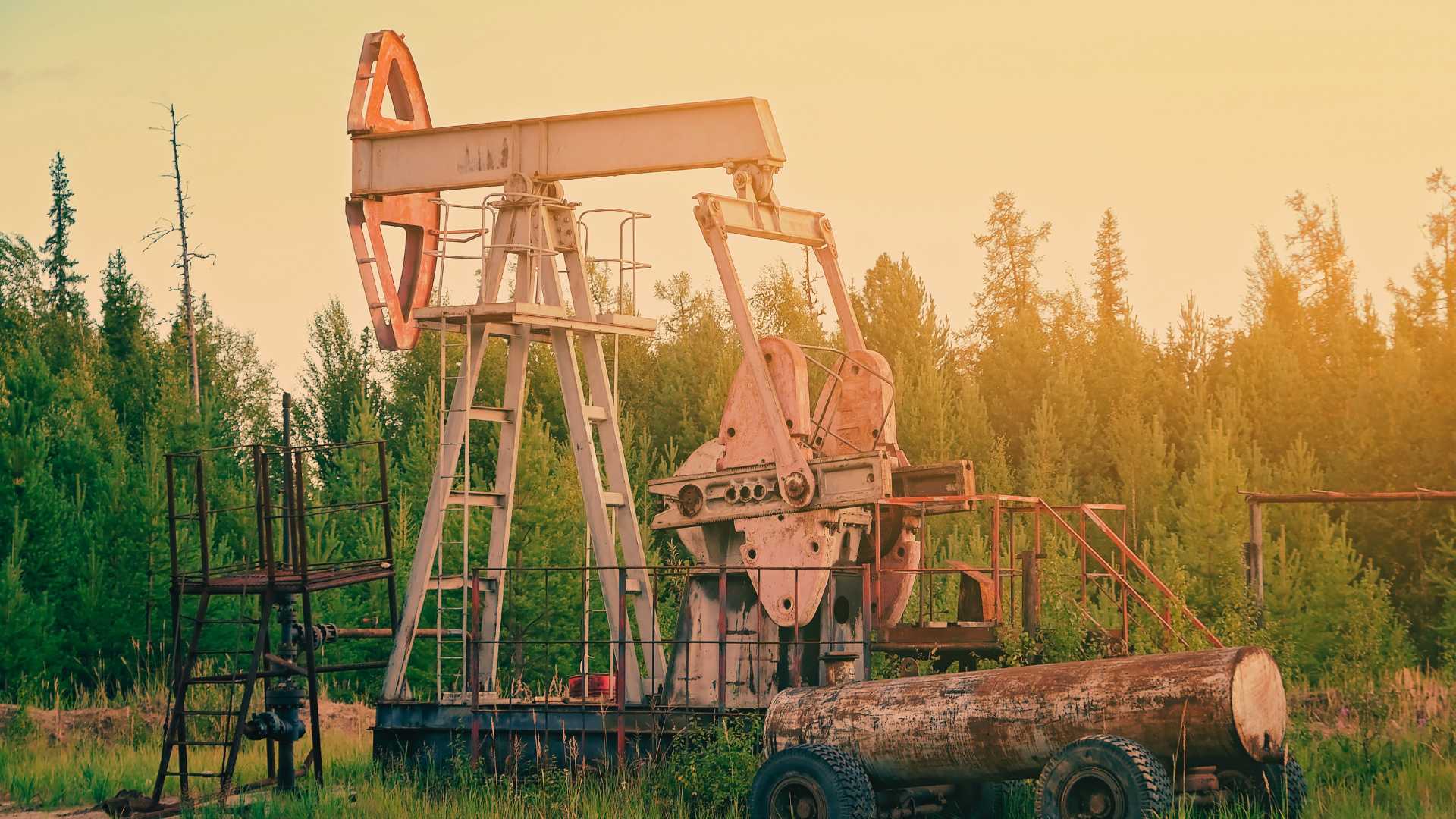
Oaktree divests fossil fuels following PECR published research
Brookfield subsidiary Oaktree Capital divests from most polluting asset 6 months after assets exposed by report
July 9, 2024
Oaktree Capital Management, a subsidiary of private equity giant Brookfield, announced the firm is cashing out on its financial interest in Diversified Energy company–Oaktree’s dirtiest asset– responsible for an estimated 31 million metric tons of CO2e per year. This is the emissions equivalent to 7.3 million gas-powered vehicles driven for one year.[1] This announcement comes a mere six months after the Private Equity Climate Risks research consortium published its December 2023 report: Brookfield’s Climate Paradox scrutinizing Brookfield and Oaktree’s relationship with Diversified Energy.
The report exposed Broofield’s previously unscrutinized fossil fuel investments, which included at least 215 fossil fuel assets and emitted nearly 159 million metric tons of CO2e in 2023. This emissions figure is nearly 14 times higher than the figures Brookfield disclosed in its 2022 sustainability report—which did not report on Brookfield’s company Oaktree.
Oaktree first invested in Diversified Energy in late-2020 through a commitment of up to $1 billion in a joint venture with the company to fund oil and gas acquisitions around the country and kicked off the partnership with picking up 660 producing wells in Oklahoma for $419 million in October 2021.
Diversified Energy had a concerning environmental record well before Oaktree’s joint venture with the company. By 2020, Diversified had completed nearly $2 billion worth of acquisitions, amassing a collection of 69,000 wells across Appalachia and earning the title of the largest well owner in the United States. An investigative report called “Empire of Dying Wells” by Bloomberg found many of Diversified’s well sites are aging, leaking methane, and barely producing any usable gas. The report found that at 59% of the Diversified’s sites visited by Bloombergmethane emissions were significant enough to sound off safety alarms–meaning the methane near the instrument’s sensor exceeded 5,000 parts per million–normal air contains about 2 parts methane. The Bloomberg report highlighted the danger of this: “Released into the air, a ton of methane will cause at least 80 times more warming over the next 20 years than a ton of carbon dioxide.”
With Oaktree financially supporting Diversified through the joint venture, the company was able to expand operations outside of Appalachia and into the Central Region of the country, these additional operations were responsible for an estimated 31 million metric tons of CO2e in 2023. In regards to this latest deal, Diversified’s Chief Executive, Rusty Hutson stated “As the natural acquirer of Oaktree’s working interest in the Central Region, the transaction was a unique opportunity to consolidate these assets and represents the culmination of a success, multi-year partnership with Oaktree”.
The world’s leading climate scientists are sounding the alarm that the planet is barreling past internationally agreed climate targets and instead expecting to see global temperatures rise to at least 2.5C, leading to catastrophic consequences for humanity and the planet. While Brookfield claims “we are committed to sustainability in everything we do” the firm failed to disclose the full emissions associated with its investments and completely omitted the investments of its subsidiary, Oaktree, from its recent sustainability report.[2] Oaktree’s sale of its dirtiest assets simply passes off the emissions and harms associated with those emissions onto Diversified, effectively skirting accountability.
In order to curtail the impacts of unabated greenhouse gas emissions, limit average global temperature rise to below 1.5 degrees Celsius,[3] and reduce air and water pollution, private equity firms must take steps to retire fossil fuel assets and invest in an equitable clean energy future. It is imperative to cut the financing flows that enable the extraction, transport, use of, and dependence on fossil fuels. The investment practices of private equity firms need to change and should align with the Private Equity Climate Demands, which include safely retiring fossil fuel assets, not selling them off to the highest bidder.
Resources
[1]https://www.epa.gov/energy/greenhouse-gas-equivalencies-calculator
[2]https://bn.brookfield.com/sites/brookfield-bn/files/BN-IR-Master/Responsibility/BN%202022%20Sustainability%20Report.pdf
[3] Perez, M.Wairiu, and K. Zickfeld. 2018. Framing and Context. In: Global Warming of 1.5°C. An IPCC Special Report on the impacts of global warming of 1.5°C above pre-industrial levels and related global greenhouse gas emission pathways, in the context of strengthening the global response to the threat of climate change, sustainable development, and efforts to eradicate poverty [Masson- Delmotte, V., P. Zhai, H.-O. Pörtner, D. Roberts, J. Skea, P.R. Shukla, A. Pirani, W. Moufouma-Okia, C. Péan, R. Pidcock, S. Connors, J.B.R. Matthews, y. Chen, X. Zhou, M.I. Gomis, E. lonnoy, T. Maycock, M. Tignor, and T. Waterfield (eds.)]. 2018. Cambridge University Press, Cambridge, UK and New york, Ny, USA, pp. 49-92. https://doi.org/10.1017/9781009157940.003.
